- Tags:
- Coffee / coffee shop / Geisha coffee / Gesha coffee / Geshary Coffee / specialty coffee
Related Article
-

After Watching Detective Pikachu, Figure Maker Feels Lonely And Makes Their Own Coffee Buddy
-
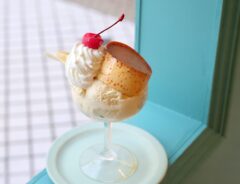
Savor retro puddings, tasty desserts, loaded toasts, and more at Junkissa Panesu in Harajuku, Shibuya Ward
-

Japanese Cafe Customer Vows To Not Return After Staff Says: “First Time? Come Again!”, Gets Empathy Online
-
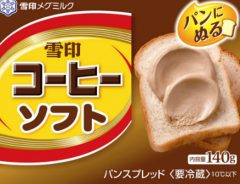
Perfect With Nutella! Spread Coffee On Your Toast With This New Japanese Treat
-
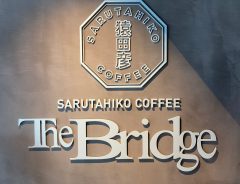
The Best New Cafe in Tokyo’s Hip Harajuku: Sophisticated Sarutahiko
-
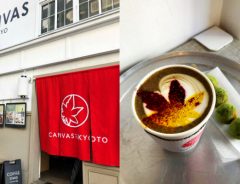
Gradient Latte Art Inspired by Kyoto’s Autumn in Cafe ‘Canvas Tokyo’
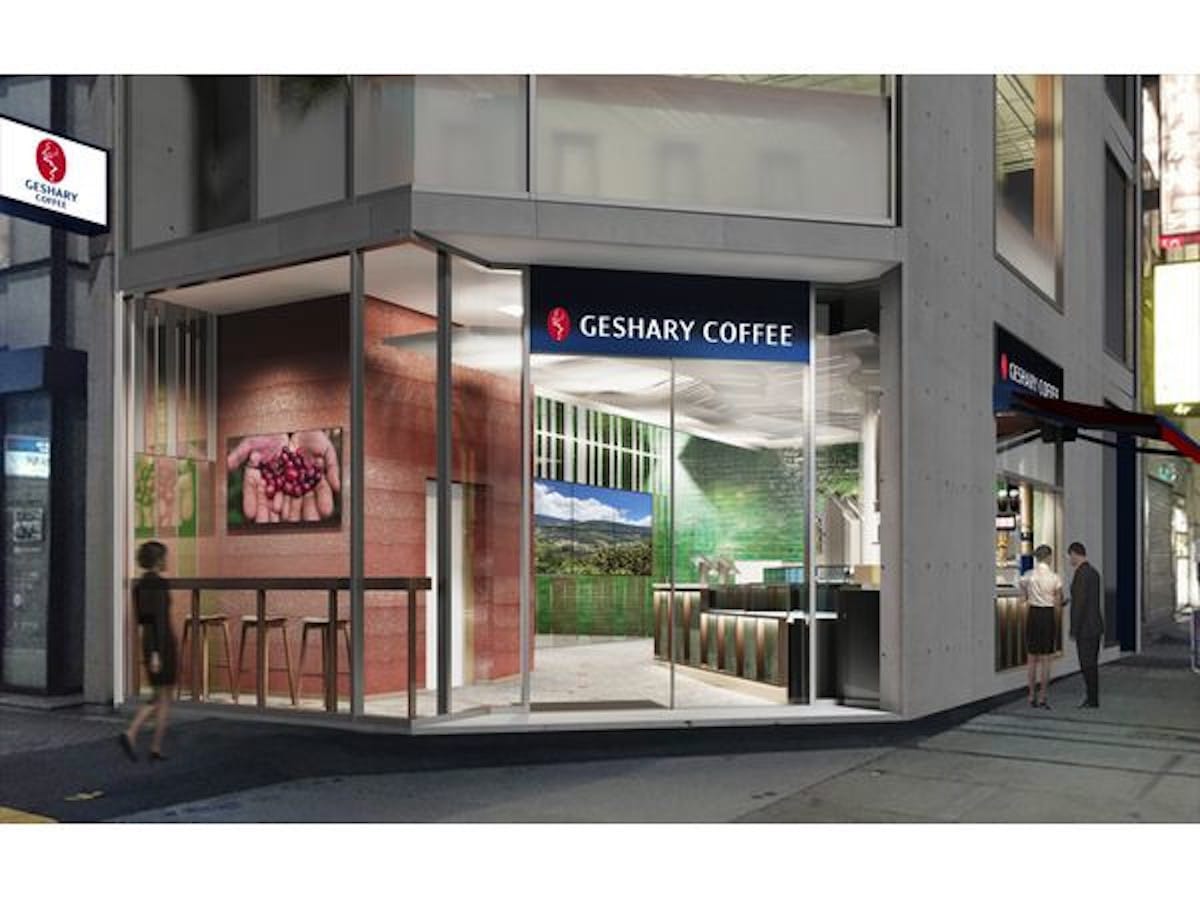


For many years, the English-speaking world was famous for its terrible coffee, but the last 20 years have seen a radical shake-up of coffee drinking. These days, baristas from San Francisco to Sunderland serve up coffee to the same high standards that continental Europeans have taken for granted for generations.
Taking their cue from the Americans, the Japanese also used to drink gallons of sour-tasting black water. Many of them still do, but drip by precious drip, the coffee revolution is making inroads into Japan too and espresso machines, producing excellent espresso and cappuccino, are now common in its coffee shops.
As you might expect, Japanese coffee lovers have not been content to remain diligent students of coffee culture. Having mastered the art of making a good cup of coffee, they are now taking it to new heights of sophistication. One of the best speciality coffee shops in Tokyo is Geshary Coffee in Hibiya. With 100 seats on four floors, it is certainly the largest.
© PR Times, Inc.
Speciality coffee is the crème de la crème of coffee, accounting for just 5% of the world’s production of coffee beans. What makes Geshary special is that it only serves coffee made from Geisha* coffee beans. Geisha produce a particularly floral and aromatic cup of coffee and are said to be the finest specialty beans in the world.
Geisha beans are a relatively new variety. They first came to prominence in 2004, when a Panamanian coffee farm called Hacienda La Esmeralda entered the Best of Panama coffee competition with a lot of Geisha. The competition, established by the Specialty Coffee Association of Panama (SCAP) in 1996, is recognised as one of the most notable in the world. Geisha went down so well with the judges that at the auction that followed the competition, it attracted a record price of $21 per pound.
Word soon got out about the wonderful taste of geisha beans and more coffee farmers in Panama and Costa Rica started growing them. Since then, the buzz has only grown louder. At the 2019 Best of Panama coffee auction, a lot of geisha produced by the Lamastus Family Estate sold for a record-breaking $1,029 per pound (unroasted). Later referred to as ‘Elida Natural Geisha 1029,’ the lot was sold to coffee shops around the world, who charged over $100 a cup, making it the most expensive coffee in the world.
© PR Times, Inc.
The Geshary Coffee in Hibiya, which opened in 2019, is the latest expression of the excitement that Geisha beans have been causing among Japan’s coffee lovers. Thankfully, a delicious cup of coffee at Geshary costs just 800 yen – not cheap, but Geisha beans are expensive for good reason. Befitting the coffee connoisseur’s favourite bean, their exceptional taste is hard to come by. Altitude, soil quality, rainfall, and sunlight must all be just right. So, too, the drying and roasting process, which are at the mercy of the slightest variation in air temperature, pressure, and humidity.
Under the concept of ‘from farm to cup’, Geshary quality-controls the production process every step of the way, from sourcing the beans, through processing, distribution, and roasting to brewing the finished cup.
In the summer of 2019, the company behind Geshary Coffee bought Hacienda Copey, a coffee farm in Tarrazú, Costa Rica, with the goal of producing the best quality speciality coffee. The same year, beans from the farm won the Cup of Excellence first prize at the International Premier Coffee Competition.
© PR Times, Inc.
Geshary Coffee also boasts the world’s first fully automatic speciality coffee machine. TREE FIELD, a subsidiary of the company behind Geshary Coffee, developed the ‘Furumai’ machine in order to get the very best out of Geisha beans. Using the fully automated machine, anyone can produce a barista-quality espresso, latte, or mocha at the touch of a button.
As well as the finest coffee in Tokyo, Geshary also serves a wide range of delicious food, such as focaccia sandwiches with mortadella sausage and roquette, or avocado and tofu mozzarella. They also offer an excellent range of tempting desserts like apple pie, chocolate Chateau, and cheesecake.
You’ll find Geshary Coffee on the ground floor of the Yurakucho Toho Building, 1-6-3, Yurakucho, Chiyoda-ku, Tokyo. The cafe is open daily between 10:00 and 20:00. Visit their website for more information and the latest updates.
Editor's note: The coffee variety is also spelled Gesha, without an 'i', since that is the name of the area in Ethopia it originates from, but "Geisha" is the more commercially popular term, possibly due to its association with the Japanese word geisha and the "exotic" image it evokes, a situation which is not without its critics. Be that as it may, we used "Geisha" in this article since that's the spelling Geshary Coffee uses.